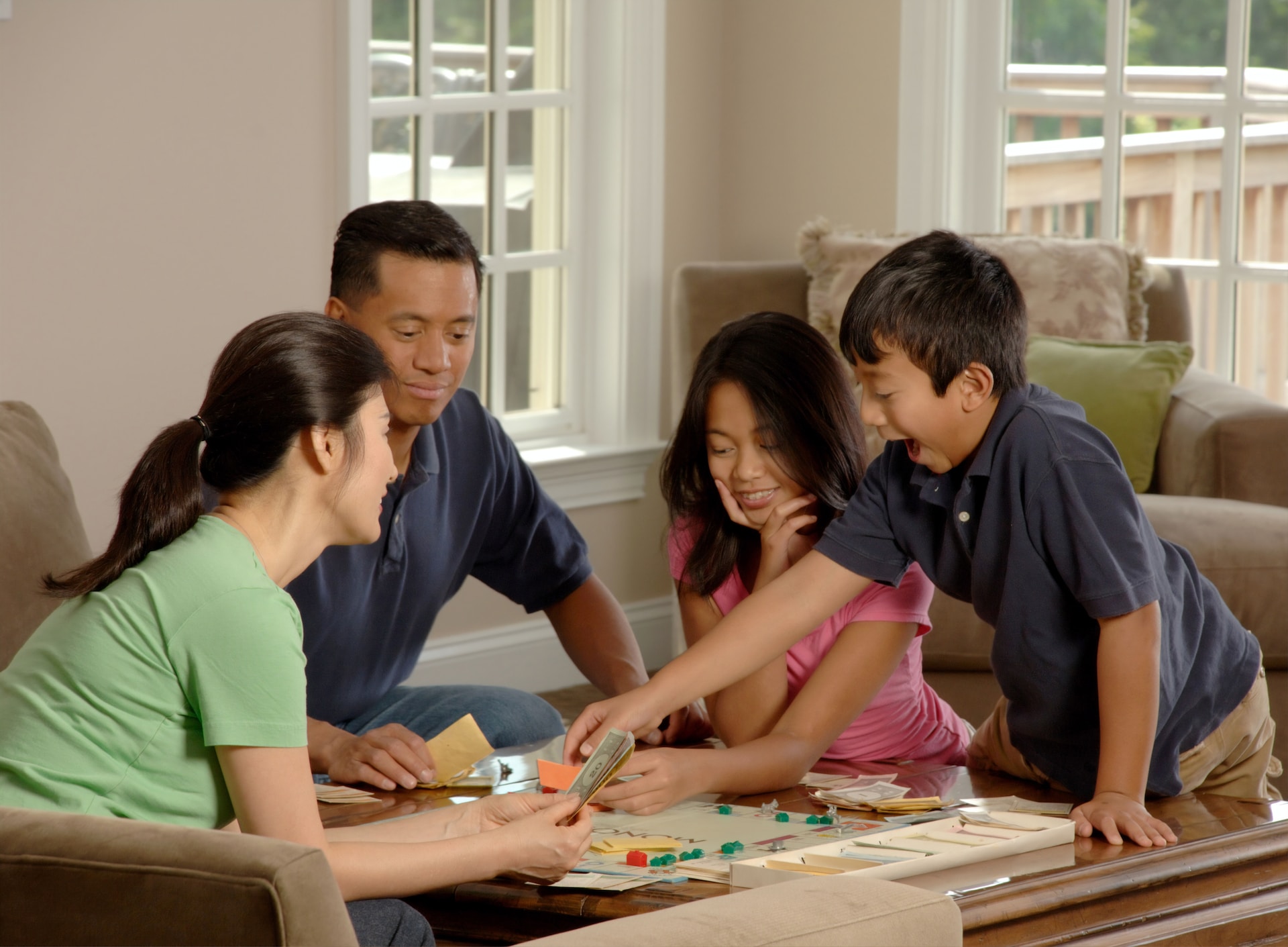Board games are a great way to bond with family and friends. They don’t have any age restrictions, and they help develop creativity and critical thinking.
In addition, they can teach kids how to follow the rules and be patient while waiting for their turn. They also help to build a team spirit, especially with younger children.
Spend quality time together
In a world constantly asking for our attention, board games are a great way to spend quality time with the ones we love. Playing together creates a fun atmosphere that encourages communication and helps families bond. This bond doesn’t stop when the game is over; it lasts long after the pieces are removed.
While many people may write off board games as dull or old-fashioned, they can teach valuable life lessons. For example, many games have meta-messages that teach kids that luck can change instantly or that working with others is essential. This can be especially beneficial for children who don’t get along well with siblings.
Additionally, playing board games triggers the release of endorphins, which are the body’s feel-good chemicals. This help improves conscious and unconscious feelings, leaving you joyful, kind-hearted, and content. This is a perfect emotion when spending quality time with the family. In addition, playing a board game can help reduce stress levels in the household. A reduction in the production of cortisol can also lead to lower blood pressure and heart rate, which is good for the body.
Escape from the world
Playing the best family board games is a great way to help families escape from the world around them. It offers a fun, positive environment that cultivates deep connections with others and strengthens relationships. It also helps people develop and practice social skills, such as reading body language, that are important for creating healthy emotional changes in the brain.
It’s easy to get sucked into the digital world of television and smartphones, which can create distance between family members. By limiting screen time and encouraging family bonding, it’s easier to spend quality time together without the distractions of technology.
In addition, playing board games can help improve mental agility for all ages. Many board games require high levels of skill and concentration, such as chess or Scrabble, and can challenge the mind uniquely. This activity can also increase the brain’s cognitive function, requiring people to memorize information quickly and make strategic decisions in a time-pressured situation. This helps them to become better problem solvers and think outside the box when faced with real-world challenges.
Learn new skills
Board games are an excellent way for families to learn new skills together. Whether playing a strategic game like chess or one that requires teamwork, such as the Pandemic, family-friendly board games can help kids develop and improve their problem-solving skills. Plus, they provide an excellent opportunity for kids to practice their social skills, such as communicating verbally, sharing, and taking turns.
Many children’s board games, such as Snakes and Ladders or Candy Land, are luck based, while more sophisticated ones, such as Monopoly, impose some strategy. However, even simple, luck-based games can teach kids important lessons, such as how to deal with losing.
When played in a non-tech environment, board games can also help kids develop their attention spans and teach them to focus without distractions. They also encourage the development of interpersonal skills, such as reading non-verbal cues. In addition, they can foster the traits of strong families, such as positive communication and successful management of stress. This helps kids feel connected and secure, which is especially important in a world filled with digital media.
Develop empathy for others
In today’s fast-moving world, we often neglect to spend quality time with family members. Instead, we tend to stay glued to our TVs and smartphones. However, playing board games can help families develop empathy for each other.
These games encourage face-to-face interaction, a vital component of healthy relationships quickly disappearing from the digital landscape. Additionally, when you laugh while playing a game together, your body releases endorphins, which promote trust and empathy.
Moreover, by taking children away from their screens and into the real world, board games can give them plenty of instructive moments that teach sharing, listening, early literacy skills, and following directions. Children can also practice verbal communication, interact with other players, and learn to deal with defeat and victory.
Playing board games can also help kids recognize and name various emotions, including frustration, surprise, sadness, fear, pride, and happiness. They can then discuss their feelings when playing the game and determine if their friends feel the same.
Build a stronger bond
Board games are a fun way to strengthen your family’s bond and develop trust between all members. They also help children build their self-esteem and faith in their abilities because they must think strategically and choose to win a game.
Playing board games is a great way to get your family away from the electronic devices that keep them distracted and disconnected. This is especially helpful for children, who can become addicted to watching tv or using their smartphones.
Moreover, board games can help you teach your kids to focus and lengthen their attention spans. It is also an excellent opportunity to encourage them to follow the rules and wait patiently for their turn. This will help them learn to be more mature as they grow older.
Start scheduling regular game nights if you want to create a strong bond with your family. It is one of the best ways to spend time together, unplug from the digital world and learn new skills simultaneously!


